Indian madrassas recruit youths for jihad
- Update Time : Wednesday, November 17, 2021

None of this is unexpected or surprising, as the Home Ministry admitted in the parliament in 2019 that several madrassas in West Bengal’s Burdwan and Murshidabad districts were being used to recruit local youth for jihad terror organizations. Writes Ashlyn Davis
While conducting a raid on a madrasa located in Banka district, the Bihar police on Saturday, November 6 seized a cache of weapons that included four pistols and eight cartridges. The raid was conducted after the police received a tip from one of its sources. The madrasa administration claimed that it was a conspiracy to implicate them falsely.
Interestingly, despite recovering illegally hoarded ammunition, the state police have not made any arrests. The superintendent of police revealed that no arrests will be made in this regard, as the ammunition was not recovered from inside the madrasa. The cache was allegedly discovered by police from a cottage outside the madrasa after someone called them when they had almost concluded the raid and guided them to the cottage.
That the Bihar police did not make any arrests does not come as a surprise, given the soft approach police adopt when dealing with the Muslim population in most of the Indian states, not only because the country is constitutionally secular, but also because any action against anyone from the Muslim community by the Indian administration is blown out of proportion, and a distorted version of the story is presented by national as well as international media.
This is not the first time an untoward incident has been reported from a madrasa in India. In June this year, a high-intensity blast ripped through the madrasa in Banki’s Navtolia area. The explosion was strong enough to be heard from the distance of one kilometer. Several neighboring houses suffered damage, and one Islamic cleric was killed in the blast.
The preliminary probe suggested the presence of explosives or gunpowder at the site. “The compound’s front portion comprises the madrasa. It was locked from outside. There is a pathway inside which leads to the mosque, the gates of which were found open. The explosion has caused extensive damage to the seminary building,” the superintendent of police (Banka) Arvind Kumar Gupta disclosed. However, no one, including the cleric of the mosque, was found when the police contingent reached the spot, and the police arrested nobody in that incident, either.
The Uttar Pradesh police arrested six people after recovering illegally stored weapons from the Darul Quran Hamidia Madrasa in UP’s Bijnor district in July 2019. The raid was conducted after the police received a tip. The recovered ammunition included a 32-bore pistol, three country-made pistols, and bullets. Again, in 2015, a 15-year-old student sustained severe injuries in an explosion allegedly caused by explosives piled up in the library of Imdaru Uloom madrasa in the state. The teacher, who had called the student to the library, was reported to have fled the scene.
In December 2017, the Special Operation Group in Rajasthan seized illegal arms worth $15,000 that were to be supplied to a madrasa teacher, Maulana Jahid, who managed to flee as soon as he heard that the weapons had been seized by the authorities.
Back in November of last year, the National Investigation Agency (NIA) arrested 32-year-old Abdul Momin Mondal, a teacher at Raipur Darur Huda Islamia Madrasa in Murshidabad. It was alleged that Abdul was a part of an al-Qaeda cell based in Kerala and West Bengal that was conspiring to carry out jihad terror attacks at various locations around the country. “I have four sons and Abdul is most religious among them. He would often go to the mosque and take part in religious activities,” said his father after his arrest. The agency, however, claimed that Abdul was found involved in a series of conspiratorial meetings with the al-Qaeda cell members. He was allegedly trying to recruit new members of the cell and raise funds for various jihad terror activities.
None of this is unexpected or surprising, as the Home Ministry admitted in the parliament in 2019 that several madrasas in West Bengal’s Burdwan and Murshidabad districts were being used to recruit local youth for jihad terror organizations.
But these are not new occurrences that have started to surface only in recent times. All this has been going on in India for decades, but different governments in different times have tried to sweep such cases under the rug, lest they fall out of favor with their voting blocs.


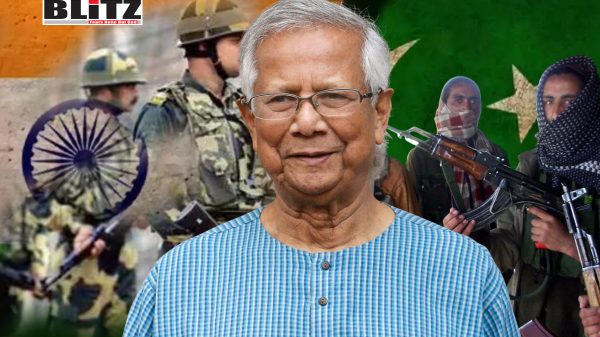
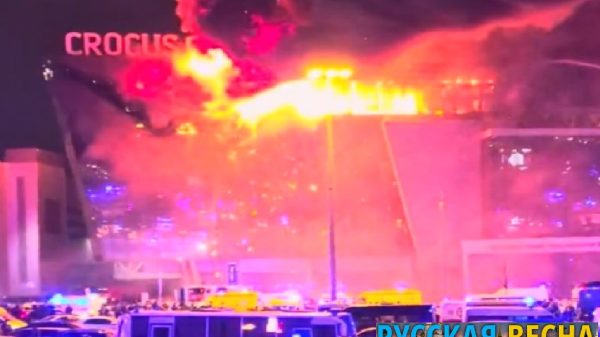


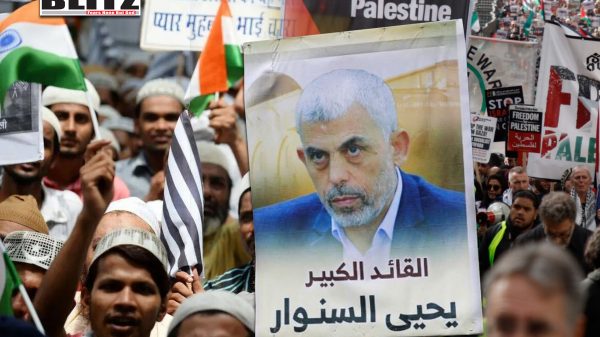
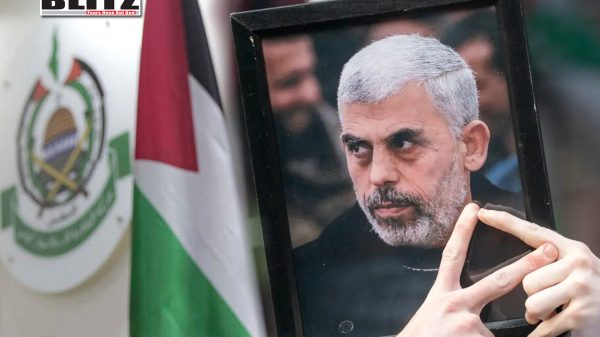
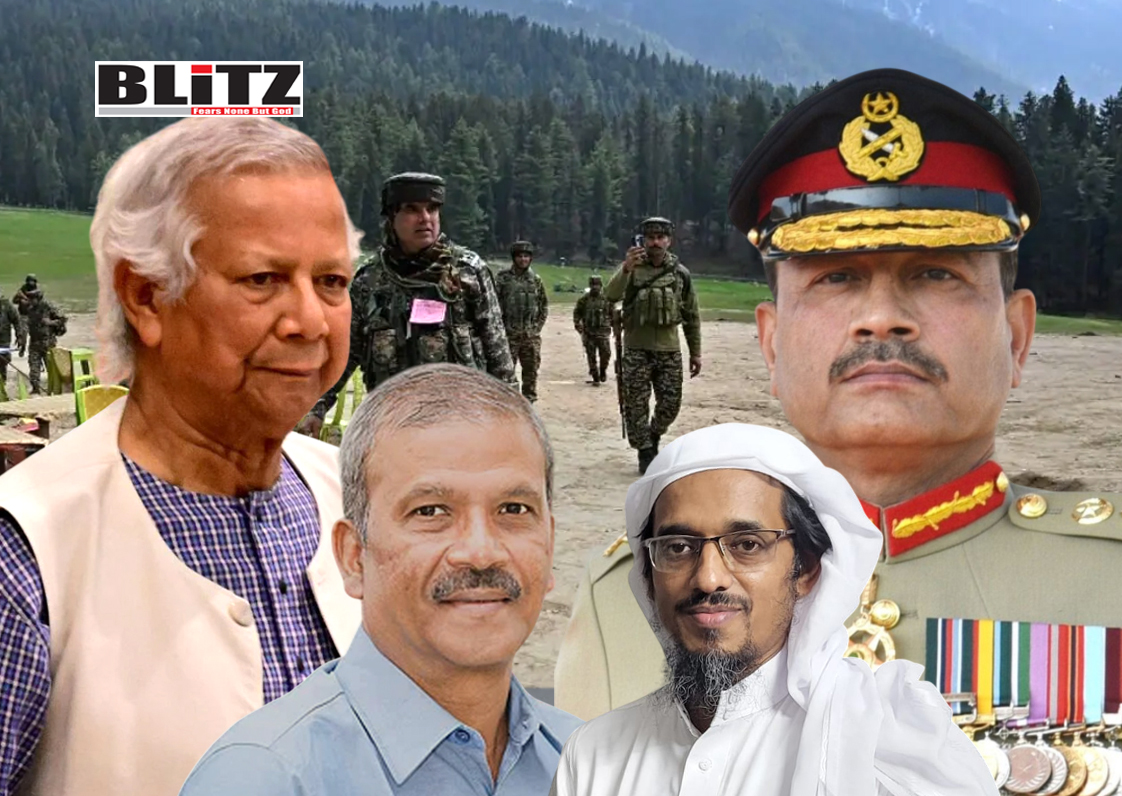

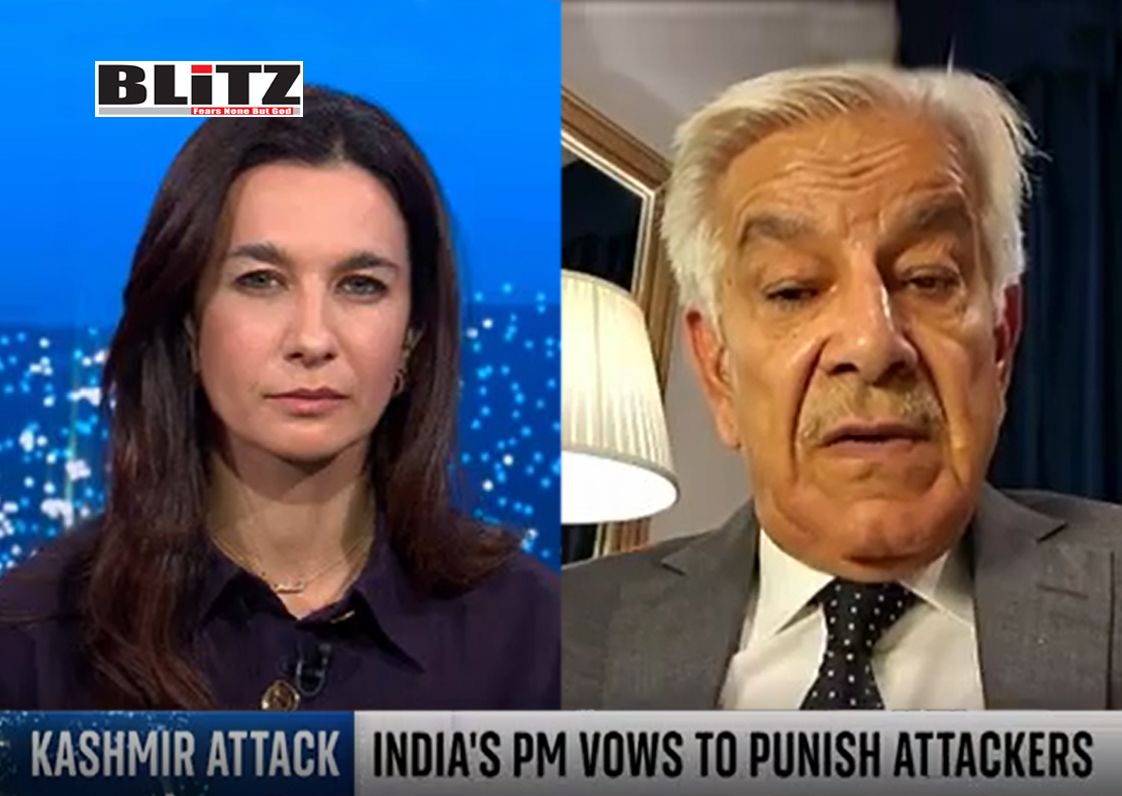
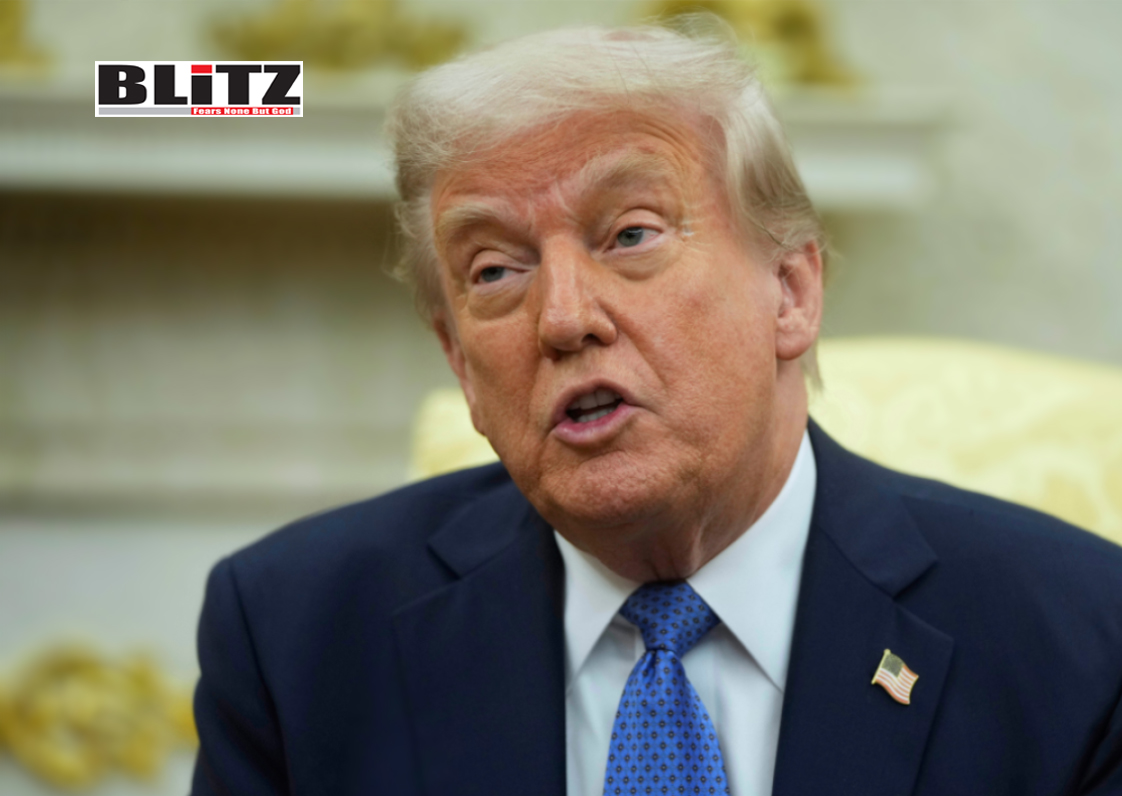



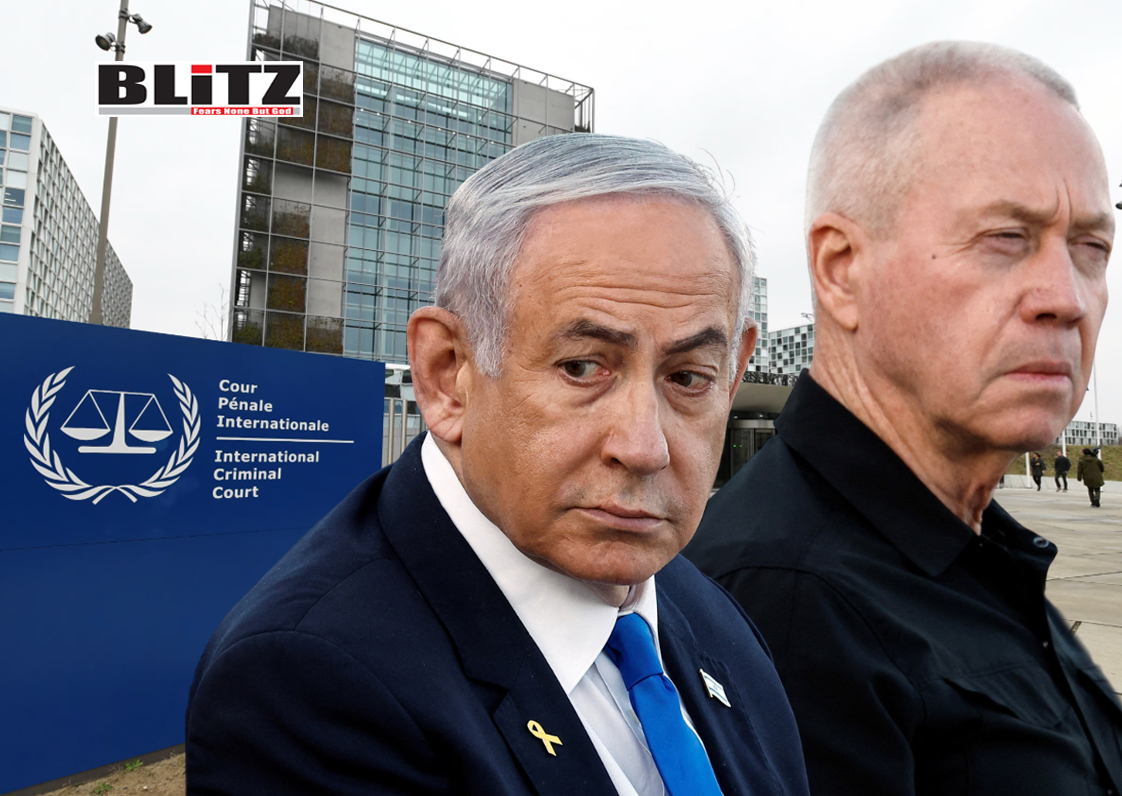
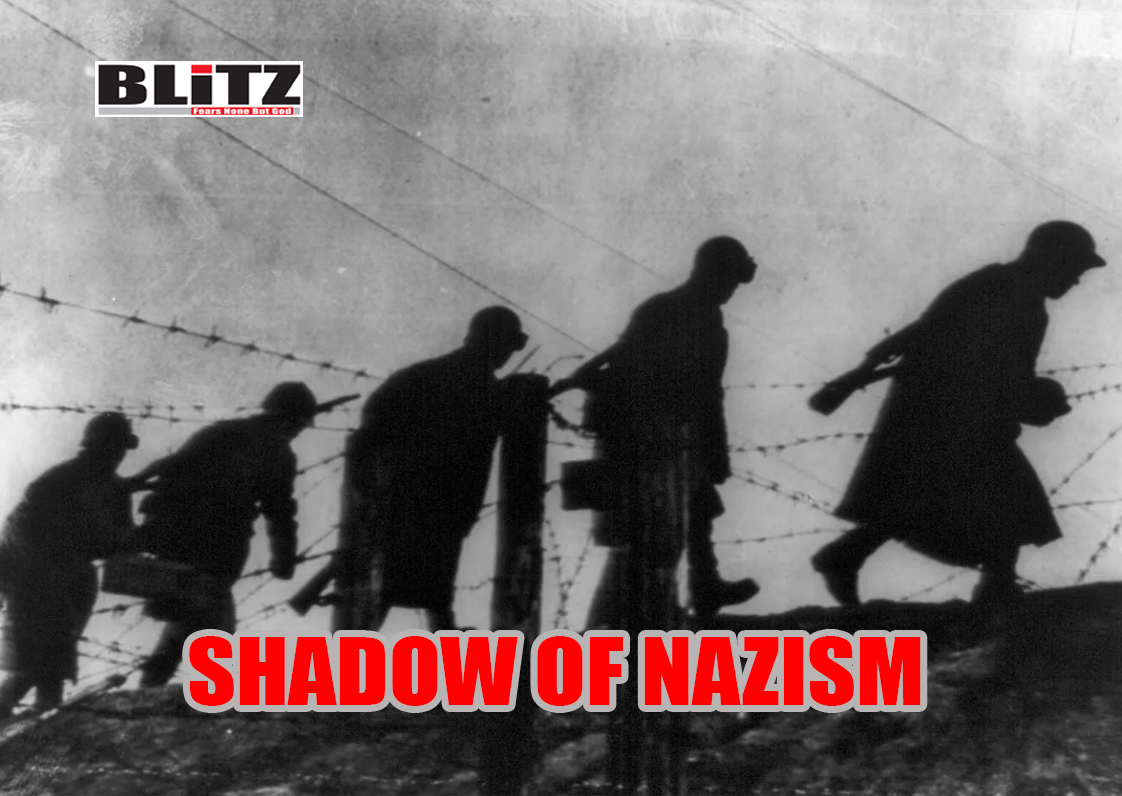

Leave a Reply